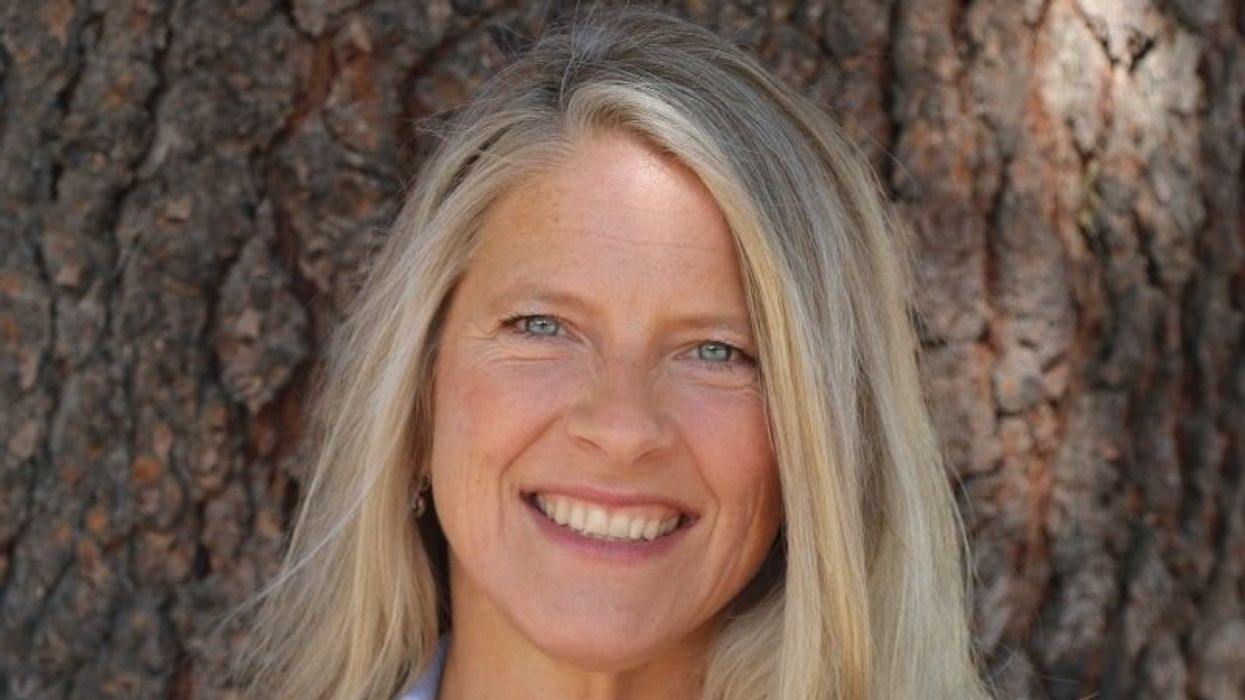"Constructive engagement across political divides is a precondition for democracy. If we can’t talk with each other, we can’t govern ourselves as a nation – it’s that simple," reads the About section of the Civic Health Project (CVP). Its mission is to "deploy massively scalable solutions to America’s dangerous divisions so that our relationships, communities, and country can thrive. We advance pioneering approaches with massive potential to scale, mobilizing resources across technology, entertainment, movement building, and research domains."
Kristin Hansen is the executive director of the Civic Health Project. Hansen is dedicated to accelerating academics and practitioners' efforts to reduce polarization and improve civil discourse in our citizenry, politics, and media.
I had the chance to speak with Hansen on a recent episode of Fulcrum Democracy Forum (FDF). This program engages citizens in evolving government to meet all people's needs better. Consistent with the Fulcrum's mission, FDF strives to share many perspectives to widen our readers' viewpoints.
You can watch the conversation by clicking on this link: https://www.youtube.com/watch?v=nYF0Z3NS07c&t=1s
In addition to her role at CVP, Hansen serves on the advisory boards of AllSides, Business for America, and Listen First Project.
She also serves as a year-round lecturer in Strategic Communications at the Stanford Graduate School of Business.
Before her current work in civil discourse, Hansen held senior executive roles at Intel, IBM, and multiple start-up software companies.
She holds a BA in Political Science, an MA in International Policy Studies from Stanford University, and an MBA from the Stanford Graduate School of Business.
Here are other Change Leaders who I had the opportunity to interview as part of the Fulcrum Democracy Forum series:
- Sam Daley Harris, founder of Civic Courage
- Sylvia Puente, President & CEO, Latino Policy Forum
- Jaisal Noor, Solutions Journalism Network's Democracy Cohort Manager
- Audra Watson, Chief of Youth Civic Programs, Institute for Citizens & Scholars
I am the Fulcrum's executive editor. As a journalist, I take a collaborative approach to paving the path forward to a more informed and engaged citizenry, fortifying the foundations of democracy.




















Trump & Hegseth gave Mark Kelly a huge 2028 gift